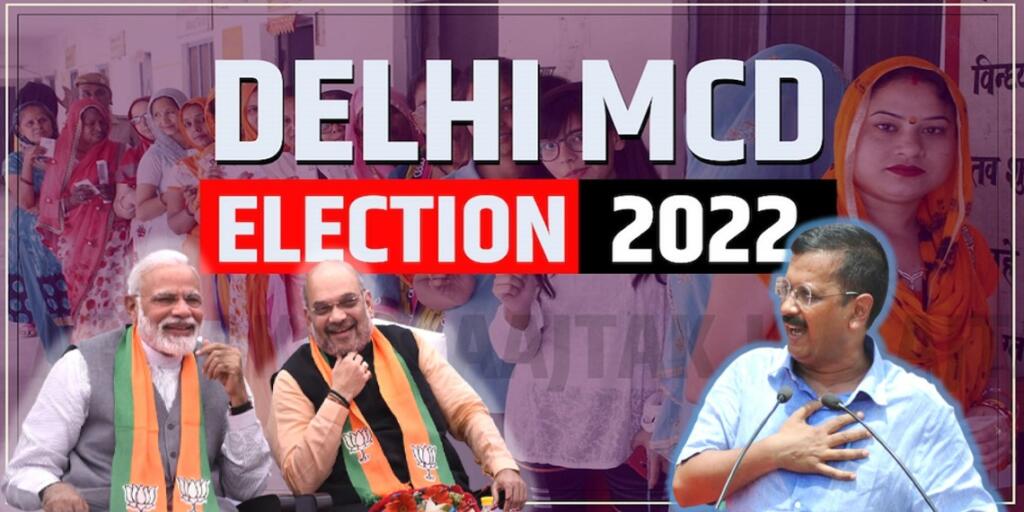Lok Sabha passed a The Delhi Municipal Corporation (Amendment) Bill,2022 to unify all the three Municipal Corporations of Delhi. This move aims, for a stronger and financially prudent Municipal Corporation.
The Unification Bill
The Lok Sabha passed “The Delhi Municipal Corporation (Amendment) Bill,2022” after a fiery debate in which 20 members of the house participated. The Bill was passed by voice vote. Minister of State (MoS) Home Affairs Nityanand Rai introduced the Delhi Municipal Corporation (Amendment) Bill,2022 in the Lok Sabha last week. The Union Home Minister Amit Shah concluded the debate by countering all the questions and accusations of the opposition.
Amit Shah accused the Delhi government of giving step-motherly treatment to the three corporations. He also refuted charges that the bill should have been brought only to the Delhi Assembly and had political motives. He said, “I would like to make it clear before the House that I have brought this Bill under the powers given under Article 239AA”.
Read More: The delay in MCD polls is making Kejriwal jittery and we know the reason why
He also pointed out that the resource distribution and responsibilities of the three municipal corporations were uneven and that this unification will lead to a “single, integrated and well-equipped entity”.
The Delhi Municipal Corporation (Amendment) Bill,2022 also proposes to appoint a “Special Officer” till the first meeting of the new corporation is held. It also proposes to ensure “a robust mechanism for synergised and strategic planning and optimal utilisation of resources and greater transparency, improved governance and more efficient delivery of civic services for the people of Delhi”.
दिल्ली नगर निगम की सिविक सेवाओं से पूरी दुनिया में देश की छवि बनती है।
ये बिल हम दिल्ली नगर निगम को स्वावलंबी बनाने के लिए लाए हैं।
एकीकृत निगम से 3 की जगह 1 मेयर, 1 कमिश्नर व एक ही मुख्यालय होगा, एक ही शहर में अलग-अलग टैक्स स्ट्रक्चर नहीं होंगे। pic.twitter.com/vDsNlzCjJ7
— Amit Shah (Modi Ka Parivar) (@AmitShah) March 30, 2022
Read More: “Read the Constitution Again” – Amit Shah schools Kejriwal over the ‘state’ of Delhi
Brief History of MCD
The Municipal Corporation of Delhi was unified till 2012 when the Delhi Government led by Sheila Dixit trifurcated it into North, South and East Delhi Municipal Corporations. The aim was to decentralise power and governance and the hope that smaller local bodies will be better suited to cater to the increasing population and large geographical area.
The two other smaller local bodies Delhi Cantonment Board and New Delhi Municipal Council were functioning well in Delhi. But the trifurcation led to uneven distribution of resources and jurisdiction. The resource crunch led to financial stresses, salary delays and several strikes of municipal employees. The overall inefficiency, lack of accountability and poor sanitation of Delhi proved that the move was a completely failed experiment.
The Structural Reform of Re-unification of all the three Municipal Corporations into one will give better outcomes. The dependence on the Delhi government will reduce, giving the body more accountability and power to function independently and effectively. This should lead to better sanitation conditions and waste disposal in Delhi. As a result, fewer or no strikes because of the minimal financial stress of the municipal corporation of Delhi.
Read More: Even Pinocchio would be ashamed of Arvind Kejriwal
